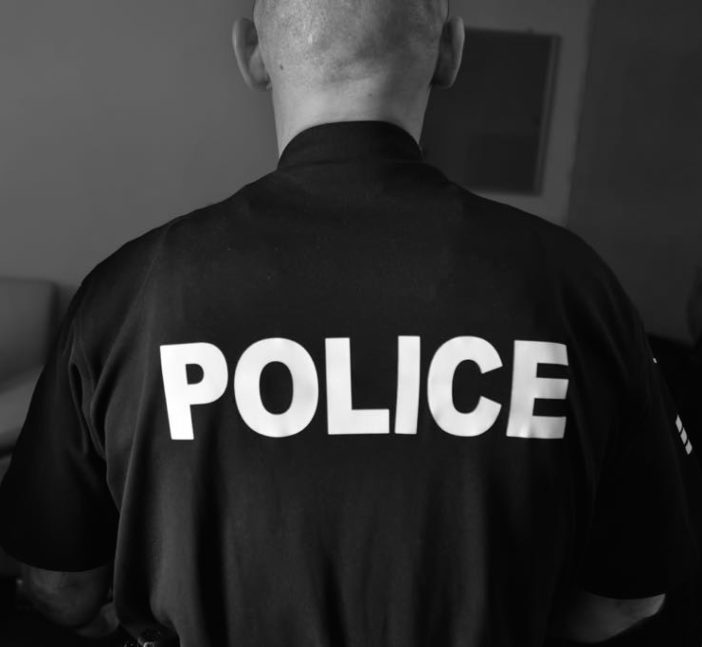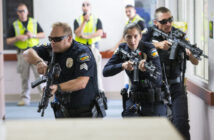Warrior — A man engaged or experienced in warfare; broadly: a person engaged in some struggle or conflict
Guardian— Someone or something that watches or protects something
— Merriam-Webster
There’s a debate taking place inside and outside of policing circles: Are police officers seeing themselves as guardians or as warriors?
To some, how officers chose to describe themselves is critical to how they interact with the public.
For a bit of historical perspective, as officer safety training improved, survival skills were added to the police-training curriculum. Over the years, as training evolved officers were taught to develop a mindset of constant situational awareness.
Everything from the way you stood to how you survived a knock-down, drag-out fight were to be at the forefront of your thinking every time you made contact with another person.
This later was described as the “warrior” mindset. It was seen as an absolute necessity to survive the myriad dangerous situations a police officer might face.
You just never knew when things would go bad.
No one wants to be the cop who ends up in the officer-killed training bulletins.
Some argue that the warrior mindset has been overstretched and now encompasses too much of how police officers see themselves. This, in turn, contributes to the military mindset in which police officers identify themselves more as warriors than peacekeepers.
I don’t buy into that part of the debate.
Sure, there always are a few officers that seem to be a little over the top. In the event of an apocalypse I always thought it would be really nice to have them as friends.
But by and large, I never found the majority of officers fully embracing the “warrior” mindset as part of their persona.
The reality is the vast majority of what police officers do day to day doesn’t involve life-and-death struggles, hand-to-hand combat or gun battles.
The day-to-day work of an officer involves talking to people. As every police officer knows, the world is made up of victims, witnesses and suspects. You spend the vast majority of your time interacting with everyday people.
Sure, you’re careful. Or as I like to say, “vigilante.” Vigilance just becomes part of the way you do business. If you do it right, most people don’t even notice.
Now it seems the term “guardian” has become popular. One of the recommendations in the President’s Task Force on 21st Century Policing report is, “Law enforcement culture should embrace a guardian mindset to build public trust and legitimacy.”
Is this just a matter of semantics or is there a real crisis in the how officers identify with the terms “warriors” vs. “guardians?”
In my opinion, neither mindset captures the realities of the good police work taking place every day. There are few professions that require you to wear as endless a variety of hats as police work.
One minute you’re chasing meth heads down the street and the next you’re playing counselor during your second or third domestic squabble of the night. You are constantly changing hats.
Every day, police officers end up playing a major role in the human drama.
There is no other job like it in the world.
Maybe I’m just a little too old school, but this whole identity controversy is unnecessary if we simply call it what it is:
It’s a cop mindset. It’s a police officer mindset. It’s a law enforcement mindset. Whatever title you want to give it, that’s what it really is.
You are a warrior when you need to be, a guardian, a friend, and most importantly a decent human being.
For every person who wears a police uniform, he or she always will simply be a police officer. There is no need give that mindset any other title.
Joe is a retired Anaheim Police Department captain. You can reach him at jvargas@behindthebadgeoc.com.
 Behind the Badge
Behind the Badge



